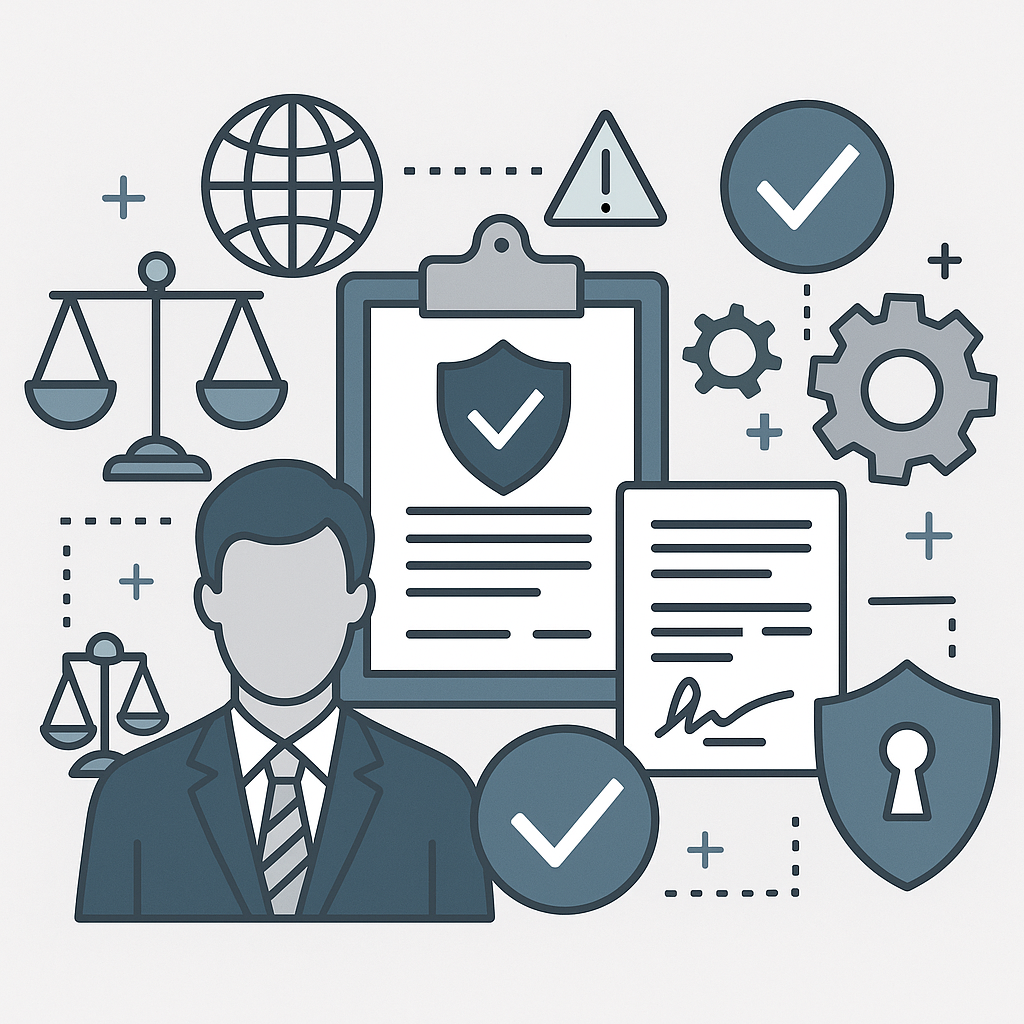Accidents involving large vehicles, such as trucks, buses, and construction equipment, often result in severe damage and injury due to the sheer size and weight of these machines. Determining who is at fault in these cases is often more complex than in regular vehicle accidents because multiple factors, such as mechanical failure, improper maintenance, and human error, can contribute. Understanding liability in such cases is essential, both for victims seeking compensation and for operators and companies aiming to avoid legal repercussions.
The Role of the Driver and Operator in Large Vehicle Accidents
When an accident involves a large vehicle like a truck or bus, the driver or operator is often the first person whose actions are scrutinized. Truck drivers, for instance, are expected to follow strict safety regulations, including adhering to maximum driving hours and conducting routine inspections of their vehicle. Any violation of these rules can contribute to an accident and lead to driver liability. In many cases, working with a truck accident lawyer can help clarify these legal complexities. They can investigate whether the driver was properly trained, following legal hours-of-service regulations, or driving under the influence of substances that may have impaired their ability to operate the vehicle safely. If the accident is linked to driver negligence, the driver and possibly the trucking company they work for can be held accountable for damages.
Mechanical Failures and Manufacturer Liability
Mechanical issues are another common cause of accidents involving large vehicles. Trucks, buses, and construction equipment all rely on various complex systems, and when these fail, the consequences can be catastrophic. Common mechanical failures include brake malfunctions, tire blowouts, and steering issues. If an accident results from a mechanical defect, determining liability becomes more complicated. In cases where a manufacturing defect is to blame for the accident, the company that produced the vehicle or a specific part may be held liable. For instance, if a truck’s brakes fail due to a defect in its design or manufacturing, the vehicle manufacturer or the parts supplier may be found at fault. These cases often involve product liability claims, which require expert analysis to determine whether a defect was present at the time of manufacture and whether it directly contributed to the accident.
Employer Liability in Commercial Vehicle Accidents
In accidents involving commercial vehicles, such as trucks and buses, the driver’s employer may also be held responsible under a legal concept known as “vicarious liability.” This principle holds employers accountable for the actions of their employees when those actions occur during the course of employment. If a truck driver causes an accident while delivering goods for their company, the employer could be held liable for damages. Employers are responsible for ensuring that their drivers are properly trained, licensed, and fit for duty. They must also follow federal regulations regarding hours of service, vehicle maintenance, and load limits.
Third-Party Liability: Contractors and Equipment Owners
Sometimes, large vehicle accidents involve third parties who may also be held responsible. For example, in construction zones, accidents may occur due to improperly operated or malfunctioning heavy equipment, such as cranes or bulldozers. In such cases, liability may extend beyond the vehicle operator or their employer to third-party contractors who provided the equipment or managed the work site. Construction companies often subcontract different parts of a project, which means multiple parties could be involved in the operation and maintenance of the equipment. If a third-party contractor fails to uphold safety standards or provides faulty machinery, they could be held liable for any accidents that occur.
Legal Recourse for Accident Victims
For victims of accidents involving large vehicles, the path to compensation can be complicated. These cases often involve multiple parties, from the vehicle driver to the manufacturer and employer, and determining liability is not always straightforward. Seeking the help of a specialized attorney is crucial for navigating these legal complexities and ensuring that all responsible parties are held accountable. Victims may be entitled to compensation for medical expenses, lost wages, pain and suffering, and property damage. However, without legal guidance, pursuing these claims can be difficult, especially when dealing with large companies and their insurers, who may attempt to minimize their liability or avoid paying altogether.
The Importance of Proper Insurance Coverage
Insurance coverage plays a critical role in accidents involving large vehicles, as the damages and injuries resulting from these incidents are often severe. Companies operating large vehicles, such as trucking firms and construction businesses, are required to carry extensive insurance policies to cover potential liabilities. These policies are designed to compensate victims for medical bills, lost wages, property damage, and other losses incurred due to the accident.
Accidents involving large vehicles require a careful examination of all potential factors, from human error to mechanical failures and company policies. Liability in these cases is rarely clear-cut, and multiple parties may share responsibility for the damages. By understanding the various aspects of liability, victims can take the necessary steps to protect their rights and seek fair compensation for their losses.






